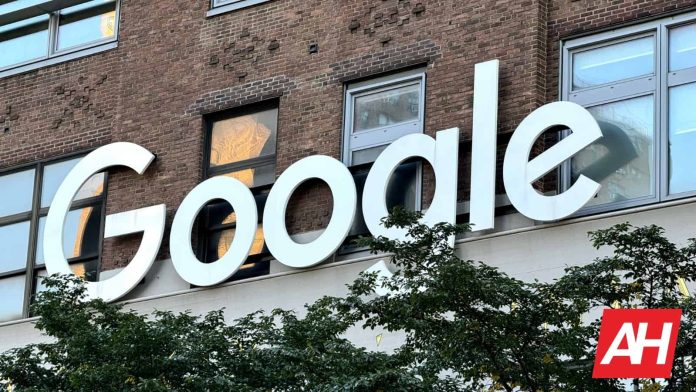[ad_1]
In this highly connected world, teenagers excessively using social media apps like Instagram and TikTok have had a big impact on their mental health, leaving many depressed and plagued with self-doubt. This mental health epidemic has prompted the US government to propose measures for the safety of children online, suggesting a ban on kids’ use of social media apps. Now, in a recent development, Google has responded to these proposals, stating that any regulations should be cautious not to ban children from using social media while also preserving crucial safety measures.
According to Google’s blog post, the company does not agree with the implementation of age-verification technology since forcing users to submit government IDs for access could potentially hinder their ability to access vital information. However, it is important to note that the company did acknowledge the importance of implementing legislative models based on age-appropriate design principles.
“We agree with public health and mental health experts that technology companies have a responsibility to design and build better online experiences,” said Google.
What does the law focus on?
The current version of the Kids Online Safety Act (KOSA), backed by lawmakers like Sen. Elizabeth Warren, aims to protect children from harmful online content by implementing measures such as age verification. While the law aims to foster a healthier environment for children, Google highlighted some side effects of the bill since it would ban teenagers from using social media apps and treat older teenagers similar to younger kids.
However, Google did align with the sentiments of Sen. Richard Blumenthal and Sen. Ed Markey, who rallied about banning personalized ads for individuals under 18. Moreover, the company also supports age verification systems for adult content apps like those featuring gambling or pornography.
“Today’s children and teens are growing up in an increasingly digital world. We take seriously our responsibility to promote positive online experiences, and we support regulatory approaches that promote both online safety and balanced practices,” reads Google’s blog post.
[ad_2]
Source link
